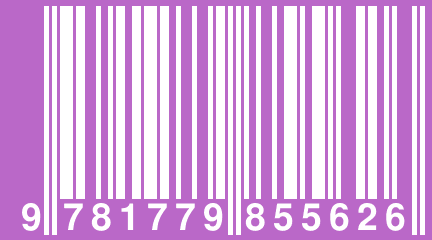
Workers’ Day
Eric Khorombi
Fezile Twala

English
First paragraphs
——
In South Africa, Workers’ Day is a public holiday on 1 May.
-
This storybook is about the history of that public holiday, and why it is important.1
“Tomorrow is a public holiday, I don’t have to go to school!” says Mulweli to his Dad.
-
“And I’m not working tomorrow!” says Dad.-
“Dad, what do you do on Workers’ Day?”2
“OK Mulweli, let me tell you about International Workers’ Day,” says Dad.
-
“It all started when working people fought for an eight-hour working day. They didn’t want to work more than eight hours a day.”3
“How many hours were they working?” asks Mulweli.
-
“Usually ten or eleven hours a day!” replies Dad.-
“On 1 May 1886, workers in America went on strike to reduce their daily working time to eight hours.”4
“At the protests, someone threw a bomb at the police.”
-
“Then what happened?” asks Mulweli.-
“Four workers were arrested and charged with throwing the bomb. They were found guilty, and executed,” Dad slowly answers.5
“Around the world, workers protested about the death of those four workers. Working people stood together in unity.
-
From that day, the first of May stood for workers’ struggles for better working conditions,” says Dad.6
“Some people call it ‘May Day’. The first of May stands for the rights of working people, and the unity of all workers. It’s a national holiday in many countries,” explains Dad.
7
“On Workers’ Day in South Africa, we join millions of workers around the world in celebrating. Rallies and marches are arranged.”
-
“Was it always holiday in South Africa since 1886?” asks Mulweli.8
“No way!” laughs Dad. “The apartheid government didn’t like us to celebrate the first of May.
-
But the trade unions told the government: ‘May Day is ours. May 1 is ours!’”9
“The protests of workers helped to end apartheid. With our trade unions, we played a big role in fighting for democratic rights,” says Dad.
-
Dad asks, “Can you guess when May 1 became an official holiday here?”10
“It must be after apartheid? When South Africa was a democratic country,” answers Mulweli.
-
His Dad nods, “That’s right. Although we have democracy, many workers still have to fight for fair working conditions and fair pay.”11
“That is the end of my history lesson for now. I need to prepare for tomorrow. My trade union has organised a big rally with political speakers,” says Dad.
-
“And you should finish your homework before tomorrow.”12
“Ok Dad. Now I understand why the first of May is so important to you and other workers. For now, my work is schoolwork!” says Mulweli with a smile.
13
——Questions
- Why is Workers’ Day celebrated today?
- How do workers celebrate Workers’ Day?
- Encourage learners to ask workers in their communities about their jobs.
- Find out about what trade unions do.
- Explain what ‘fair working conditions’ refers to.
- What do you think 'forced labour' is?
- Which tasks do you do at home?
- Which work might people forget to celebrate?
14
——Books in this series
- Freedom Day
- Heritage Day
- Human Rights Day
- Reconciliation Day
- Women’s Day
- Workers' Day
- Youth Day
15
——
The story was created and written in Tshivenḓa, as part of the Zenex Ulwazi Lwethu reading materials project in 2020.
16

Attribution CC BY

Your attribution should include the following:
Title: Workers’ Day
Author/s: Eric Khorombi
Translator/s: Eric Khorombi
Illustrator/s: Fezile Twala
Assurer/s: African Storybook
Language: English
© Zenex Foundation - Saide 2025
Title: Workers’ Day
Author/s: Eric Khorombi
Translator/s: Eric Khorombi
Illustrator/s: Fezile Twala
Assurer/s: African Storybook
Language: English
© Zenex Foundation - Saide 2025
CC BY includes the following elements:
BY – Credit must be given to the creator
– Credit must be given to the creator
BY
 – Credit must be given to the creator
– Credit must be given to the creator